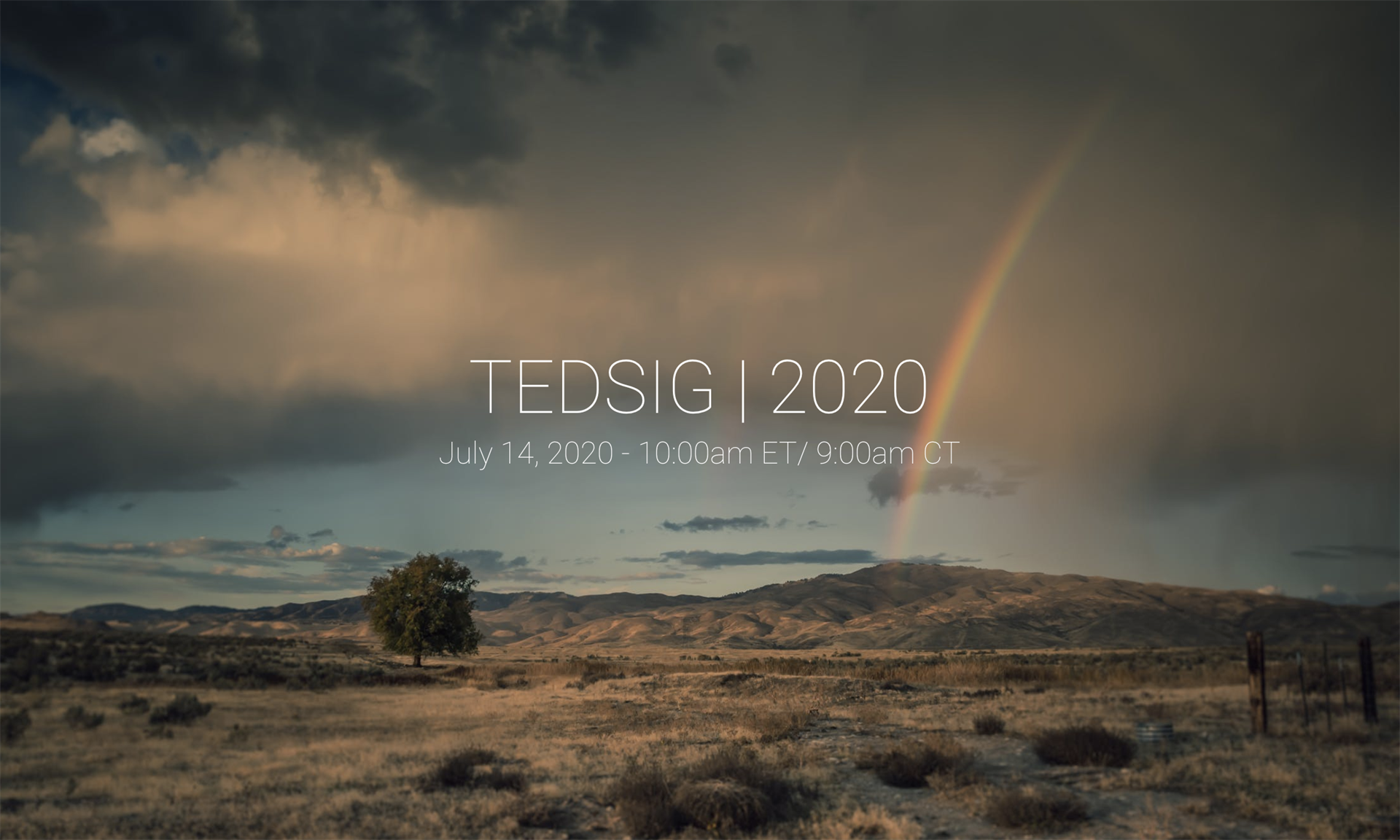
Speculative and Critical Design and Libraries
Thomas Moynihan once noted: "We perceive the world as anticipations of its future". If nothing else, this statement gives us pause. Just enough of a delay to remove us from immediacy. Allowing us to bring our set of expectations and assumptions to the foreground and reflect upon how these projections of a near-term reality guide our decision-making in the present. As many of our existing library systems are reaching the limits of their effectiveness, the struggle is real. To avoid a future that merely recapitulates - both the positive and negative aspects of - our present solutions, we need to think critically about the design of our future. But maybe more so, we need a toolkit to problematize our present. To shake loose our assumptions, and provide just enough distance to consider alternatives.
That's where Speculative Design is useful. Where traditional design attempts to solve problems, speculative design attempts to open our minds to new ways of thinking and being. If it is our capacity to envision the future that propels us forward, speculative design has promise as a way to allow us to problematize our present, so as not to repeat our past, by exposing the pre-existing conditions of our current reality.
TEDSIG 2020 will host John Jung for an hour long exploration of Speculative and Critical Design, and its potential value for Libraries.
For more information, visit the event website: https://tedsig.alaoweb.org/
John Jung is Design Consultant at johnjung.us and Programmer/Analyst at The University of Chicago. John is interested in the different ways that research and design might intersect. He has recently spoken on Speculative Design & Strategy at the Symposium on the Future of Libraries in Seattle, Washington, as well as having lead the provocatively-titled reading group "Design After the End of the World" in his hometown of Chicago. He has a degree in art from Governors State University and a degree in design methods from the IIT Institute of Design.
